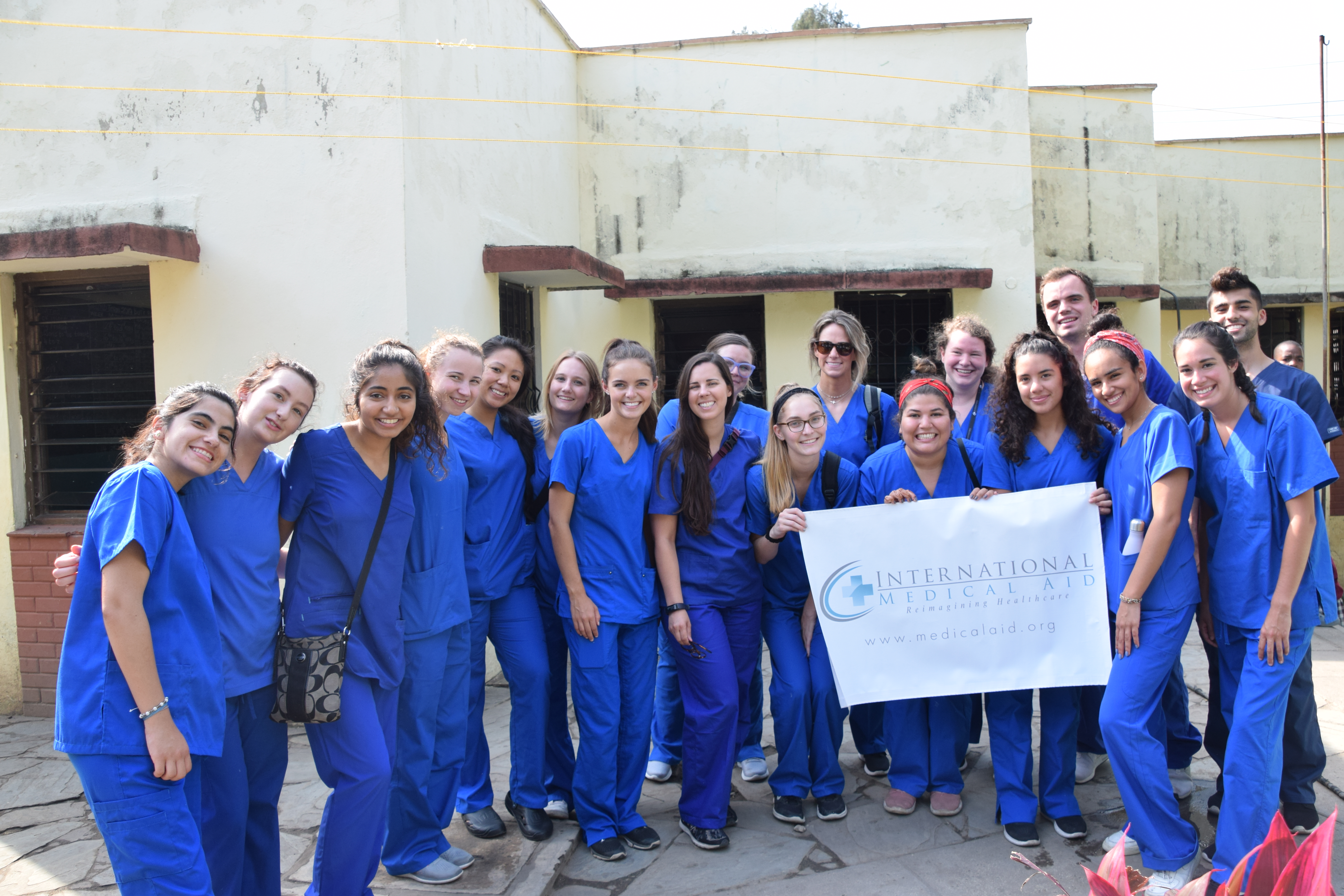There is significantly more demand for nurses globally than there is supply. Due to these shortfalls, there are many opportunities for nurses and nursing students to volunteer abroad. Countries in Africa, Asia, and Latin America are some popular options.
Aside from the obvious benefits of assisting economically disadvantaged communities in their time of need, volunteering as a nurse abroad can provide a number of significant benefits.
Let’s take a look at five meaningful reasons you might want to volunteer abroad nursing:
One of the most impactful results of volunteering abroad as a nurse is the feeling that you’re making a difference on a global scale. There are currently 27.9 million nurses worldwide, but more than 80% of those are located in countries that account for half the population. This means that low- and lower-income countries are experiencing a severe shortage of nurses, and require 5.3 million more to meet their healthcare needs.
1. Make A Difference
One of the most impactful results of volunteering abroad as a nurse is the feeling that you’re making a difference on a global scale. There are currently 27.9 million nurses worldwide, but more than 80% of those are located in countries that account for half the population. This means that low- and lower-income countries are experiencing a severe shortage of nurses, and require 5.3 million more to meet their healthcare needs.
By volunteering in a country with a deficit of nursing staff, you can be assured that you’re truly making a difference by providing care to people who may not have otherwise received it. In addition to helping the patients, volunteer nurses provide some much-needed respite for chronically overworked local medical staff.
2. Learn Another Language
You don’t need to be fluent in a second language to volunteer abroad, but you will be given an incredible opportunity to fully immerse yourself once you’re there. Depending on what kind of program you’re heading off to, you may need only a basic level of comprehension before you go, while for more intensive internships you might need a more thorough understanding. Whatever your current language skill level, you’re bound to improve your fluency abroad.
Some programs can facilitate host placements as well, where volunteer nurses live with a local family. Being surrounded by a second language at home and in the hospital can help you pick things up faster. If you only speak English, consider volunteer opportunities in Africa or Asia, as their language requirements are typically less strict than Latin American placements.
If you live in an area with a high number of people who do not speak English as a first language, consider brushing up on your language skills by volunteering in a country where you can learn their mother tongue. Bilingual nurses are an asset in hospitals where many patients do not speak English.
3. Improve Your Cultural Awareness
Particularly if you live in a large city, or you’re intending to work in a diverse area, you may face cultural issues when it comes to providing healthcare to your patients. Different cultural groups may have mannerisms, food preferences, or beliefs that impact how they interact with health care providers.
Without an understanding of different cultures, it’s possible that a nurse could miss important information that could be critical to their patients’ care. For example, Native Americans may divert their eyes during appointments, something which could be interpreted as disinterest rather than the sign of respect it denotes in their community. Some patients may ignore dietary recommendations if they don’t align with their cultural staples.
Volunteering abroad can give nurses an improved understanding of different cultural practices which they can take back to their home hospitals in order to better care for their patients.
4. Develop Meaningful Relationships
Overseas nursing placements come with unrivalled networking opportunities, and you could make friends for life. Some former nursing volunteers have said that their time living with other healthcare students gave them the opportunity to discuss what they’d been learning outside of the hospital. They also highlight the value of forming friendships with people from other medical disciplines and countries, which can provide a better understanding of healthcare on a global scale.
In addition to building valuable friendships with fellow professionals, volunteering can have a positive effect on your own health. Studies show that people who volunteer tend to be more socially integrated with their communities and have higher perceived levels of support in their networks.
5. Exposure to Regional Conditions
One critical benefit of volunteer nursing abroad is the ability to gain firsthand experience with regional conditions you’re unlikely to encounter in your home country. For example, Polio, Dengue fever, and Raynaud’s syndrome are all diseases you could come into contact with. Exposure to conditions like these, and local treatments, is an opportunity you’re unlikely to receive elsewhere.
Final Thoughts
There are many different programs for volunteer nurses to partake in; whether you’re a student looking for an internship or a fully registered nurse, there’s an opportunity for you.
Not only can volunteering provide you with incredible networking and language development opportunities, it can make you a better nurse back home.



